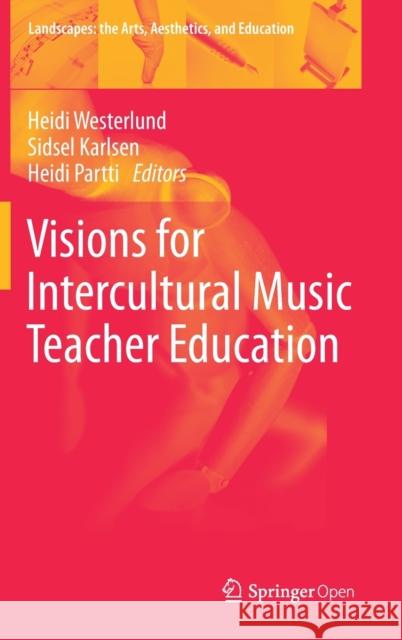Visions for Intercultural Music Teacher Education » książka
topmenu
Visions for Intercultural Music Teacher Education
ISBN-13: 9783030210281 / Angielski / Twarda / 2019 / 219 str.
Visions for Intercultural Music Teacher Education
ISBN-13: 9783030210281 / Angielski / Twarda / 2019 / 219 str.
cena 201,24
(netto: 191,66 VAT: 5%)
Najniższa cena z 30 dni: 192,74
(netto: 191,66 VAT: 5%)
Najniższa cena z 30 dni: 192,74
Termin realizacji zamówienia:
ok. 16-18 dni roboczych.
ok. 16-18 dni roboczych.
Darmowa dostawa!
Kategorie:
Kategorie BISAC:
Wydawca:
Springer
Seria wydawnicza:
Język:
Angielski
ISBN-13:
9783030210281
Rok wydania:
2019
Wydanie:
2020
Numer serii:
000295144
Ilość stron:
219
Waga:
0.50 kg
Wymiary:
23.39 x 15.6 x 1.42
Oprawa:
Twarda
Wolumenów:
01
Dodatkowe informacje:
Wydanie ilustrowane











